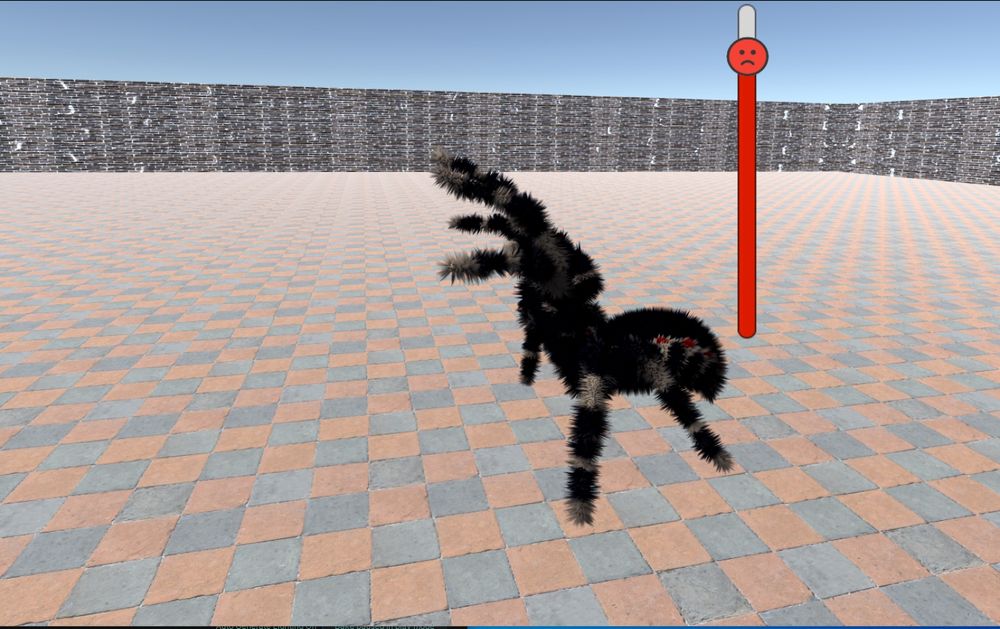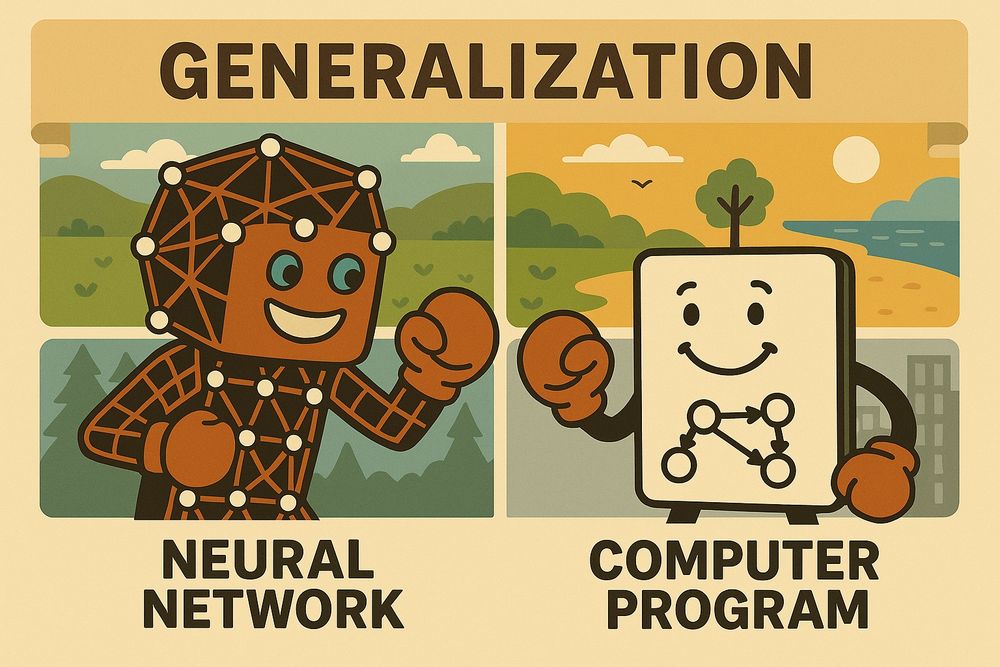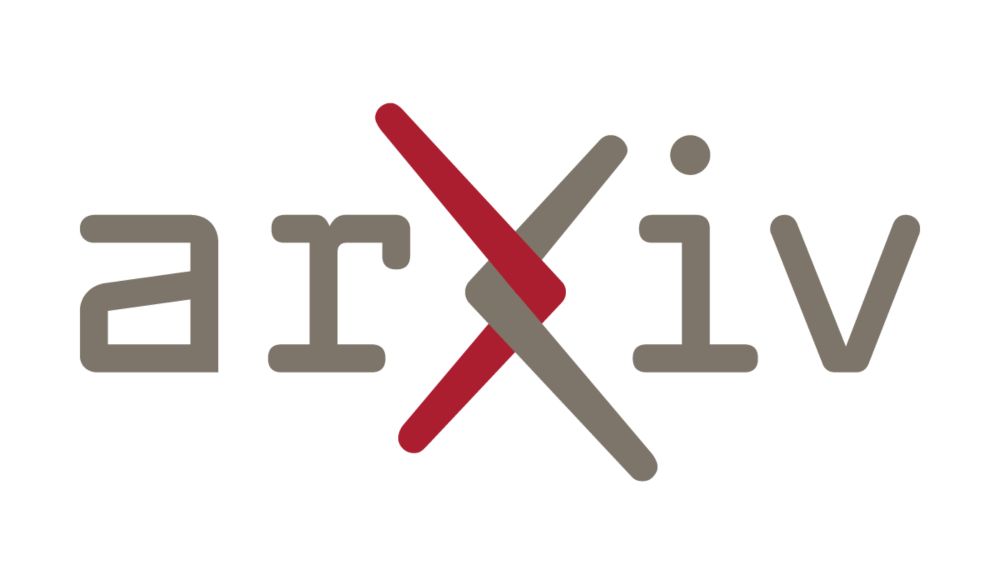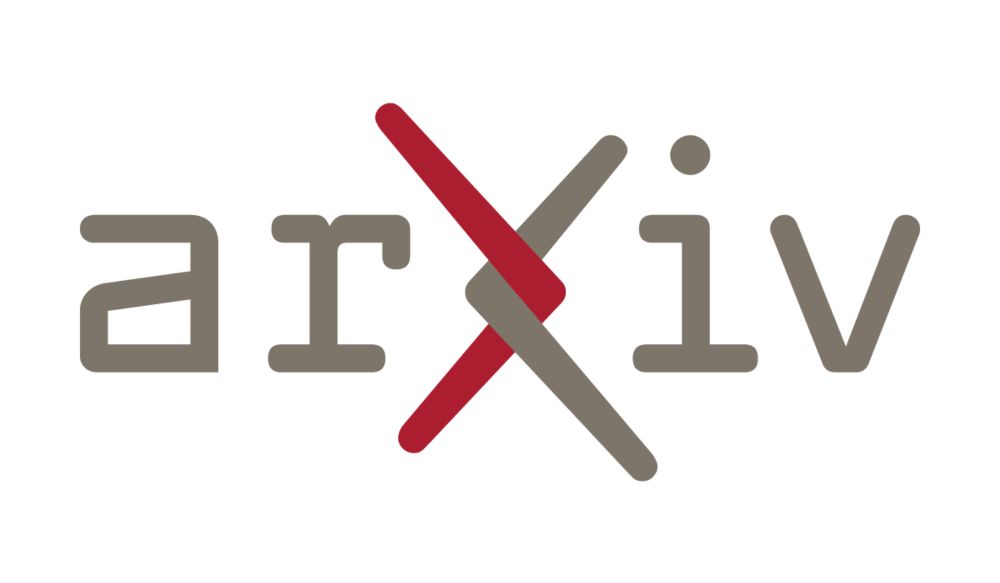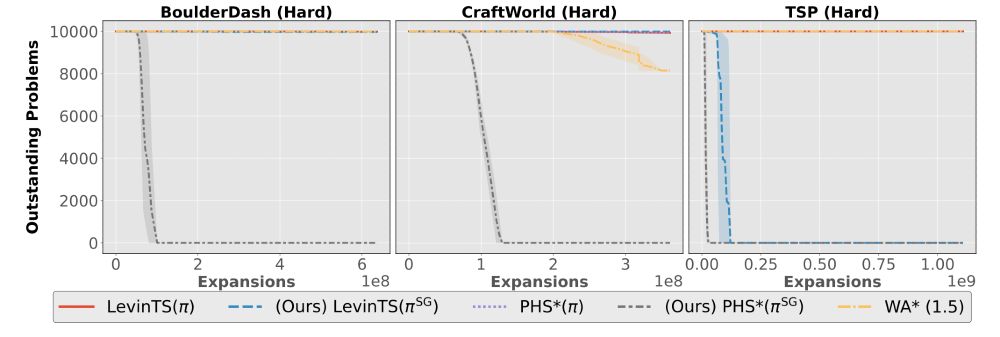Levi Lelis
@programsynthesis.bsky.social
310 followers
480 following
81 posts
Associate Professor - University of Alberta
Canada CIFAR AI Chair with Amii
Machine Learning and Program Synthesis
he/him; ele/dele 🇨🇦 🇧🇷
https://www.cs.ualberta.ca/~santanad
Posts
Media
Videos
Starter Packs
Reposted by Levi Lelis
Reposted by Levi Lelis
Reposted by Levi Lelis
Reposted by Levi Lelis
Marc Lanctot
@sharky6000.bsky.social
· Jun 29
Reposted by Levi Lelis
Reposted by Levi Lelis
Matthew Guzdial
@matthewguz.bsky.social
· Jun 16
Levi Lelis
@programsynthesis.bsky.social
· Jun 13
Levi Lelis
@programsynthesis.bsky.social
· Jun 13
Levi Lelis
@programsynthesis.bsky.social
· Jun 13





